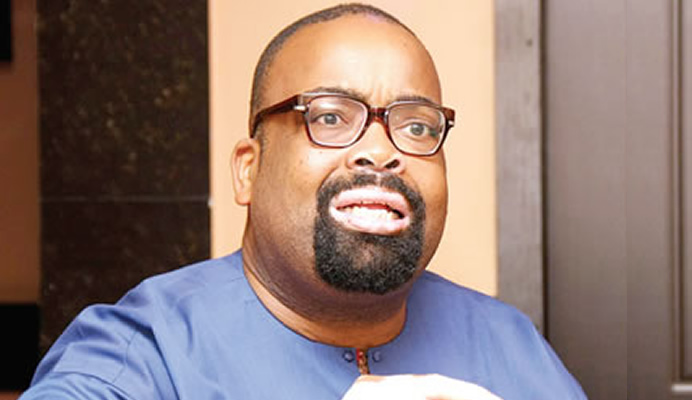In the recent Edo State Governorship election, the Labour Party’s candidate, Olumide Akpata, has openly criticized the integrity of the electoral process. Following the official announcement by the Independent National Electoral Commission (INEC), which declared Senator Monday Okpebholo of the All Progressives Congress (APC) as the victor with 291,667 votes, Akpata expressed his discontent over the Labour Party’s third-place finish, securing only 22,763 votes against the APC and the Peoples Democratic Party (PDP), whose candidate, Asue Ighodalo, garnered 247,274 votes. The APC dominated in 10 out of 18 Local Government Areas, while the PDP won the remaining 8, further highlighting the uneven stakes at play during the election.
During a discussion on Channels Television’s “Politics Today,” Akpata pinpointed systemic flaws as responsible for the Labour Party’s disappointing results. He articulated that the overwhelming voter apathy, which saw merely 20% of eligible voters participating, contributed significantly to the lackluster turnout for the party in a state known for its educated and engaged electorate. This underwhelming participation signals broader discontent with the electoral process, illuminating a potential disconnect between the electorate and the political landscape in Edo State.
Moreover, Akpata raised concerns regarding the conduct of the election, specifically the chaotic conditions observed at collation centers. He described instances of mayhem during the vote counting process as detrimental to the legitimacy of the electoral outcome. Data from the ground indicated significant disruptions, undermining the officials’ ability to manage the tallying of votes smoothly and fairly. These disruptions exacerbate calls for electoral reform, as many stakeholders doubt the efficacy of the current system in ensuring credible democratic processes.
Akpata’s comments also highlighted the issue of vote-buying, which he intimated was rampant during the election. He metaphorically described the Labour Party’s struggle as entering “a gunfight with a penknife,” underscoring the party’s lack of financial resources compared to its competitors. This sentiment echoes a broader narrative that financial influence corrupts the electoral process, favoring wealthier candidates and parties who can afford to manipulate the system to their advantage, ultimately disenfranchising ordinary voters.
The candidate expressed a willingness to accept defeat but insisted it should come only from a fair competition on equal grounds. His emphasis on a level playing field underscores a yearning for transparency and integrity within Nigeria’s electoral framework. By fostering these values, the future of democracy in Nigeria could be fortified, enabling truly representative governance and possibly enhancing public trust in election outcomes.
In conclusion, Akpata’s reflections post-election raise critical questions about the nature of electoral democracy in Edo State and Nigeria at large. His comments highlight the urgent need for reform in electoral conduct and campaign financing, which dominate the political arena and often overshadow the genuine voices of voters. The substantial discontent among constituents may lead to calls for more accountable governance, compelling political parties to engage authentically with the electorate, thus seeking to bridge the pervasive disconnect between citizens and their leaders.


